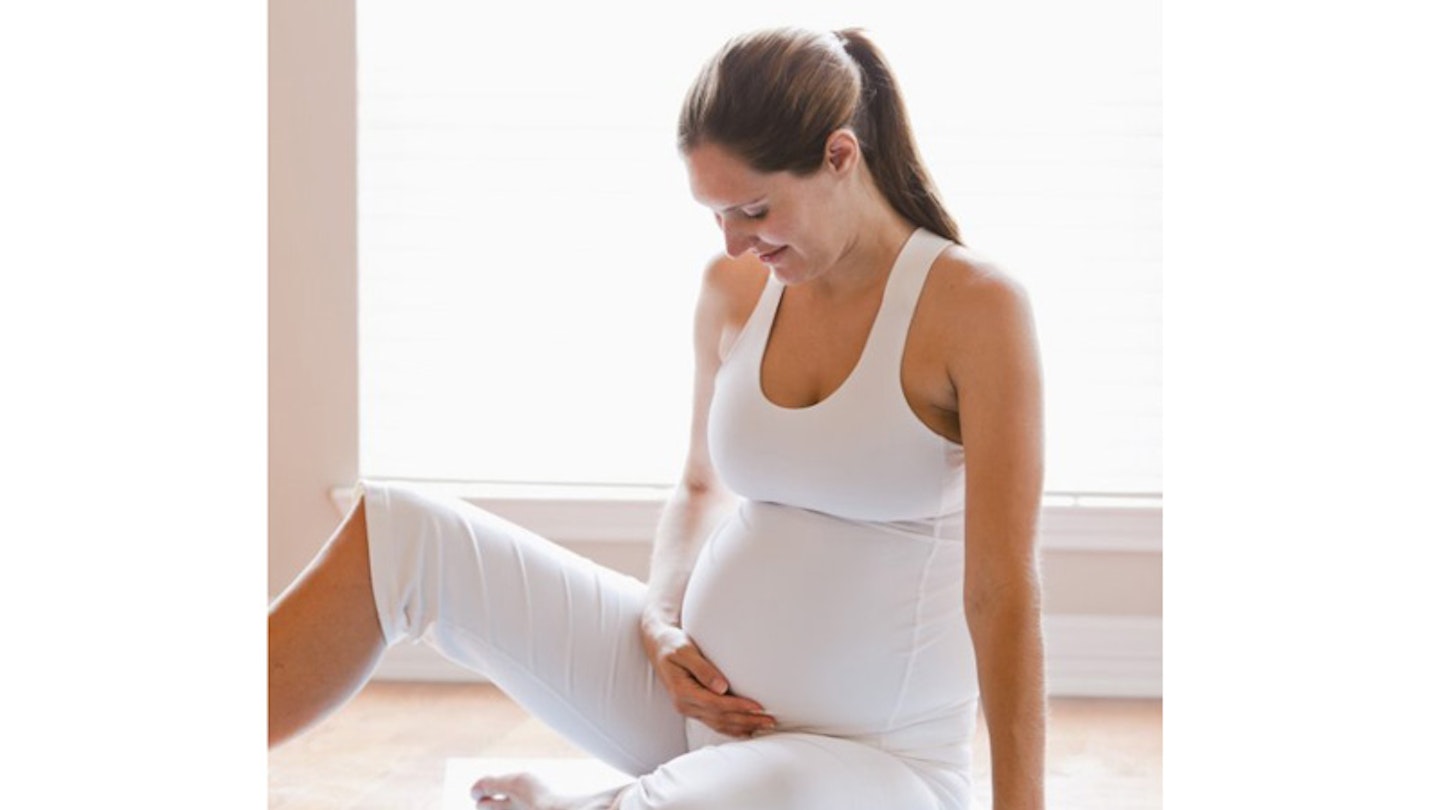Worried about what you can and can’t add to your pregnancy exercise routine? We’re here to help
Exercise during pregnancy isn’t only safe, it’s recommended, too. As long as you know your body’s limits and what won’t harm your baby, it’s really beneficial. It will help your body snap back to its pre-baby shape, is thought to be good for your baby and may make your labour easier.
Take note of our dos and don’ts so you know the right way to stay fit and healthy.
1. Do seek medical advice
Before signing up for any classes or joining a gym, check with your GP about which forms of exercise are safe for you to do. If you’re experiencing pregnancy complications or are expecting a multiple birth then your recommended amount and type of exercise may differ from someone else’s. It will also depend on whether you were running marathons or struggling to spring up the stairs pre-pregnancy.
2. Do adapt
If pre-baby you prided yourself on being a bit of an athlete, then you may need to slow down your routine now you’re pregnant.
It’s also a good idea to adapt your regime as your pregnancy progresses. In your second and third trimester it’s advised that you don’t do exercises that involve you lying flat on your back as the weight of your baby can constrict blood flow.
‘In the first trimester you can carry on with higher impact exercise, such as jogging and aerobics just so long as this was something that you were already doing,’ says pregnancy and post-natal fitness expert Dr Joanna Helcké. ‘If you’re new to exercise, stick to power walking and swimming instead of taking up new forms of exercise.’
In the second and third trimesters, non-impact exercise is advised. ‘Power walking, aquanatal classes and specialist pregnancy Pilates classes are all great options,’ Joanna advises. ‘Your balance during your third trimester will also be affects and you should be aware of this when exercising – so no attempts at performing balancing acts!’
3. Don’t hold your breath
Often, mid-yoga pose, you may realise you’ve been holding your breath without realising – which isn’t advised when you’re pregnant.
‘Holding your breath when performing exercises is not good for your baby and places pressure on the pelvic floor,’ says Joanna.
While exercising, get into the habit of focusing on steady and deep breathing. Breathe in so that your stomach rises and falls, not just your chest.
4. Do strengthen your core
It’s a good idea to toughen your core to help support your spine as your baby grows. You can use deep breathing exercises to do this.
You should also focus on gently building up your chest, back, shoulders and biceps – you’ll need strength in these areas to pick up your baby when she’s here. True mummy training.
5. Don’t lie on your back
While it’s OK to do exercises lying on your back in the first part of your pregnancy, once you hit the 16-week point, it’s best avoided. The weight of your baby after this point will place pressure on your spine and your vena cava blood vessel that carries oxygen to your heart.
Always make sure you go to exercise classes run by a teacher qualified in postnatal fitness.
6. Do hydrate
Drink water before, during and after exercise. ‘Water carries nutrients through your blood to your baby and also helps prevent some common pregnancy problems such as haemorrhoids and constipation, as well as helping to prevent dehydration,’ says Joanna.
Sip rather than gulp and aim to drink a glass of water every half an hour during exercise and at least one glass before and after.
7. Do pelvic floor exercises
Pelvic floor exercises are really important during pregnancy. They’ll keep your entire pelvic area strong and help prevent against possible incontinence problems after you’ve given birth. What’s more, it’s minimum effort.
‘Do both fast and slow pelvic floor exercises every day, at least three times a day…for ever after!’ advises Joanna.
8. Don’t do high impact sports
While a good level of fitness is advised during pregnancy, there are some sports that should be avoided. Contact sports like kickboxing, judo and squash should be skipped until your baby arrives to avoid the risk of being hit as should exercises where you may fall, such as horse riding.
Instead, stick to gentler workouts like jogging or power walking or sign up for some professionally-run pregnancy fitness classes.
9. Don’t overdo it
If you find yourself feeling overtired and overworked, cut down on the length of time you’re exercising each day and switch to low-impact exercises such as walking, yoga and swimming.
‘As you get bigger you feel more breathless – never force yourself to work through this feeling,’ says Joanna. A good rule is to make sure you can still talk while exercising.
10. Do save some energy for the big day itself!
You’ll need plenty of energy for labour itself, so during the last couple of weeks of your pregnancy you may want to lessen the amount of time you spend exercising and up the amount of time you’re resting. But try and (gently) keep up those pelvic floor exercises.
